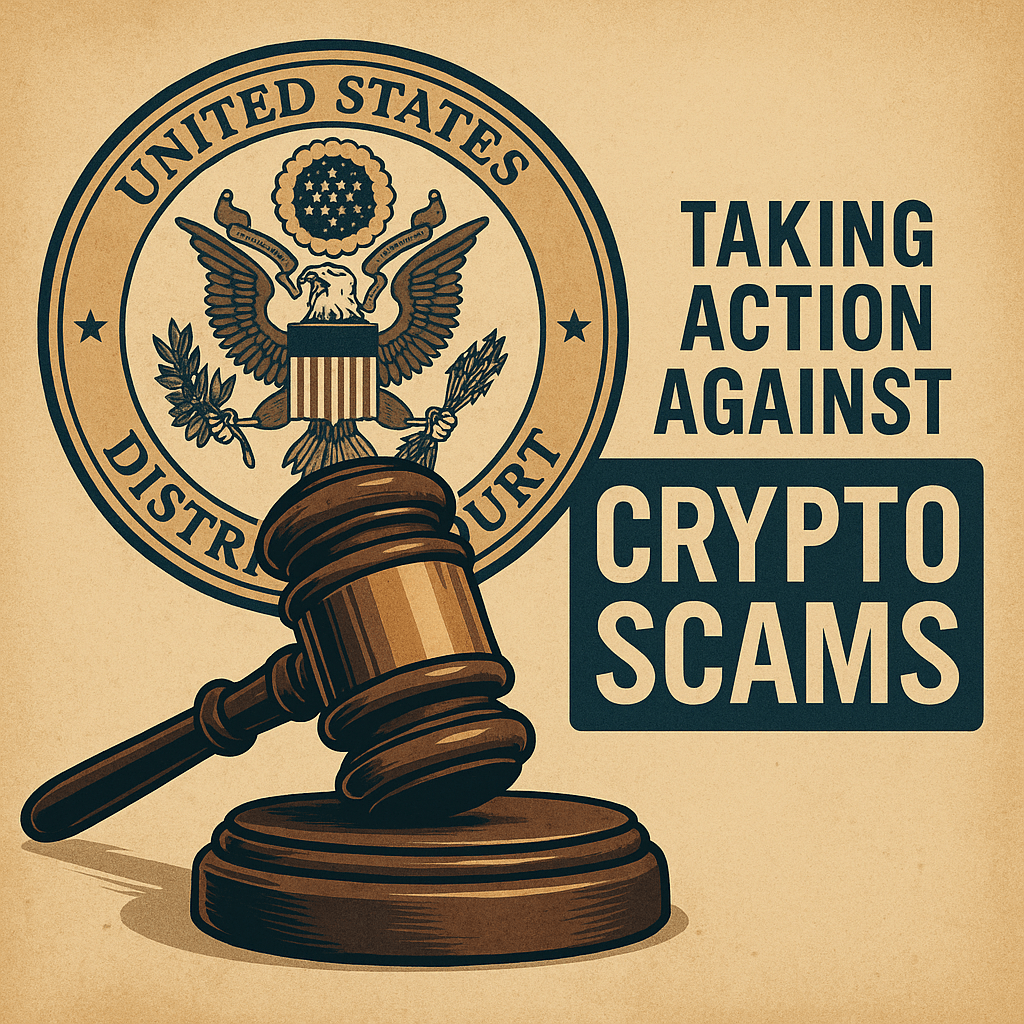
A US federal court has frozen approximately $57.65 million worth of USDC stablecoins in connection with a class action lawsuit related to the LIBRA token scam from several months ago.
On May 28, 2025, the US District Court for the Southern District of New York issued a Temporary Restraining Order to freeze the assets until June 9th, when a hearing will determine if the freeze will continue during the lawsuit.
Circle’s multi-sig freeze authority has frozen two Solana wallets connected to the LIBRA deployer and project team as part of the ongoing lawsuit filed by the New York-based law firm Burwick.
Numerous LIBRA investors are suing Kelsier Ventures, a crypto firm, along with its co-founders, Gideon, Thomas, and Hayden Davis.
ALERT: $57M OF USDC ASSOCIATED WITH LIBRA FROZEN BY CIRCLE Two LIBRA accounts have just been frozen by Circle, including the LIBRA deployer wallet. These accounts contained a combined $57M in USDC which is now immobile. source — Arkham (@arkham) May 28, 2025
Other defendants in this case include Benjamin Chow, co-founder of Meteora, Julian Peh of KIP Protocol, and other organizations involved in the marketing of the LIBRA token.
Background on the Lawsuit
The LIBRA memecoin attracted attention after a post on X by Argentinian President Javier Milei on February 14, 2025. The token was promoted as a means to fund small businesses in Argentina.
Within an hour of Milei’s advertisement, the LIBRA token’s value surged from mere cents to $5, with its market cap soaring to $4 billion, only to crash by 94% shortly after.
Reports indicate that insiders controlling over 70% of the supply dumped large amounts, causing the LIBRA token’s value to collapse.
This led to public outrage in Argentina, with opposition members calling for Milei’s impeachment. Despite this, a poll conducted in March 2025 indicated that the scandal negatively impacted Milei’s approval and public image.
Burwick filed the lawsuit on March 17, 2025, alleging that the defendants launched the LIBRA cryptocurrency misleadingly, ultimately misappropriating over $150 million while investors suffered losses exceeding $250 million.
The asset freeze, indicating the US courts’ readiness to intervene, could set a new precedent, holding crypto founders accountable for misleading investors and triggering speculative hype cycles.


